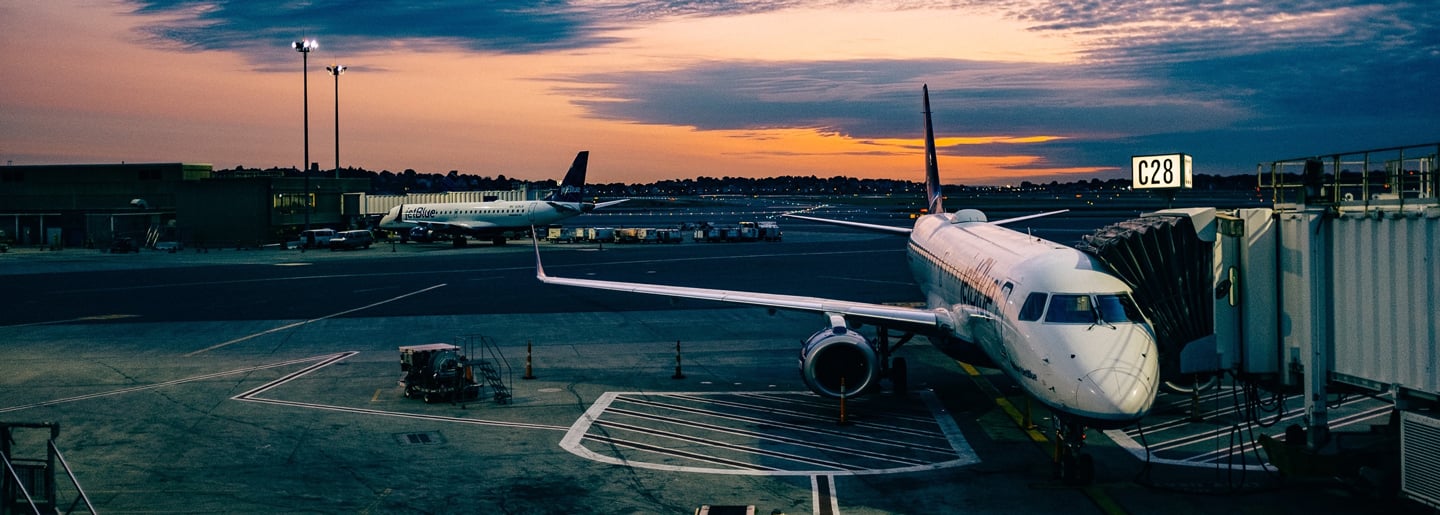This page intends to help companies engaging in international trade to avoid some of the most common pitfalls. If you have experiences, which others could benefit from, please share them with us, so they can be included here.
Shipping Documents
Documents are a common source of delay and frustration in international trade (e.g. Chinese Export licens). While most of the shipping process in principle can be executed without complete and accurate documents, customs clearance will be delayed in case information is missing or is inaccurate, until rectified.
Do not take it for granted that documents are accurate when received. Make it a habit to verify that all information is accurate and complete when they are first received, and immediately have any inaccuracies, missing or wrong information corrected. International shipping is simple and logic. The documents are too. If something looks wrong – often it is.
Check with the freight forwarder if you need to provide original documents or a scan copy will suffice. For the bill of lading (B/L), note that the consignee will need to present the original document to the freight forwarder at destination to take delivery of the cargo. Agree between shipper and consignee when and how these documents will be transferred from shipper to consignee.
Who Does What?
There are always seven steps in the international transportations process, which need to be arranged and paid for. You can avoid negative surprises if you make sure that you have a clear agreement of who is responsible for what prior to shipping the goods. See The seven steps of International Shipping to learn which they are. And remember, customs duties are not considered part of the shipping process. If authorities in your country levy any duties, that cost comes on top.

Try reaching a commercial agreement between seller and buyer early in the process, which as minimum answers these questions:
Who is responsible for paying which part of the shipping process?
Who contracts the freight forwarder?
Where exactly is origin and destination (address, contact details)?
What is the cargo (measures, weight, content)?
When is the cargo ready (refer to cargo ready date)?
What happens if this date is not met?
When documenting who is responsible for which part of the shipping process, try to use the globally standardized Incoterms. This will minimize misinterpretations later in the process.
Local Charges
Don’t let local charges surprise you. Too often, shippers and consignees focus exclusively on the freight charges when estimating the cost of international shipping. There are always local charges at both origin and destination for handling the cargo.

How Many Forwarders?
Limit the number of transportation providers you have in the end-to-end logistics process. Usually it would be beneficial to deal with only one freight forwarder in order to have only one go-to person and reduce the risk of dispute between logistics providers if something goes wrong at the handover.
Surcharges
For the transportation you book on Transporteca, surcharges are included in the price you pay when you confirm your booking.
If you book directly with a freight forwarder, or need to pay origin or destination charges separately, expect surcharges to be added on the final invoice. You should understand all surcharged levied and not hesitate to ask for clarification, but also realize that freight forwarders are not likely to release your cargo until all outstanding payments have been settled. Read more about rates here.
Bank Transfers
Delay in international bank transfers will often delay the shipping process. Unless there is an established credit relationship between shipper and consignee, the seller would normally not dispatch goods until payment has been received from the buyer.
Accurate details are required for international bank transfers, so make sure that all details are complete, and in a format, which can be used in the electronic banking system, if so used. Keep in mind that address formats differ from country to country, so if in doubt, rather ask the seller exactly which format is required in order to make a successful transfer. If the receiving bank does not accept the transfer details, it can take up to 10 days before the buyer is notified.

HS Codes
The HS codes are used for duty classification of internationally traded goods. A wrong HS code can severely delay your shipment in case of customs inspection. In addition, a wrong HS code can levy higher customs duties on your goods than what is actually required. To reduce this risk, have the freight forwarder or customs house broker classify your goods based on an accurate cargo description by the shipper, and have the HS code printed on the bill of lading (B/L).
Cargo Insurance
Do I need cargo insurance? This is a common question amongst shippers and consignees. It is a common misconception that the freight forwarder or the ocean carrier is responsible for the loss or damage of goods while in their custody. The fact is that all freight forwarders and carriers are severely limited in their liability, why it is highly recommended to insure the cargo. Include in the commercial agreement between shipper and consignee who is responsible for the insurance, and make sure to share a copy of the insurance contract and claims procedure.
Cargo insurance can normally be bought directly from the freight forwarder or from an independent cargo insurance company.
Transit Time
Mistaking the port-to-port transit time for the total transit time is a common source of frustration. When establishing transit time for different transportation solutions, make sure that you are aware which components are part of the transit time you are offered to avoid surprises.